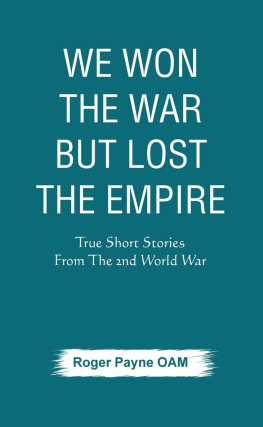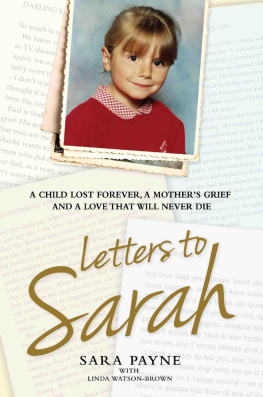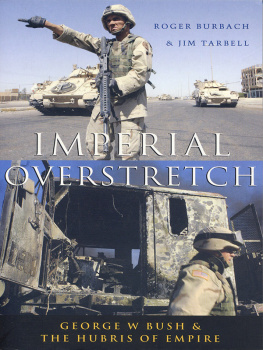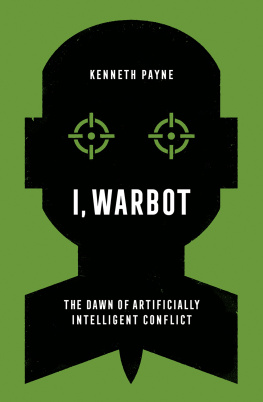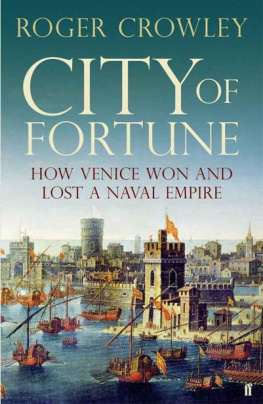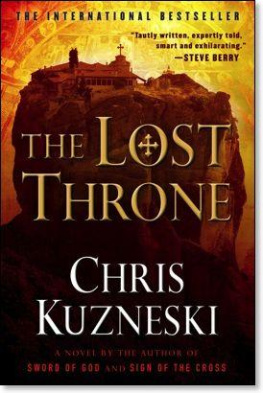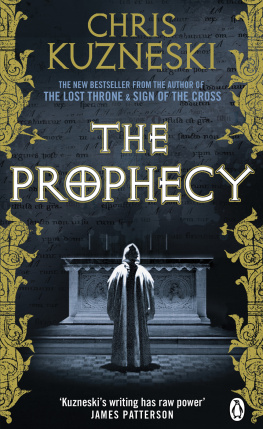WE WON THE WAR BUT LOST THE EMPIRE
WE WON THE WAR BUT LOST THE EMPIRE
True Short Stories From The Second World War As Told by the People Who were There
By
Roger Payne OAM
Vij Books India Pvt Ltd
New Delhi (India)
Published by
Vij Books India Pvt Ltd
(Publishers, Distributors & Importers)
2/19, Ansari Road
Delhi 110 002
Phones: 91-11-43596460, 91-11-47340674
Mobile: 98110 94883
e-mail:
web: www.vijbooks.com
Copyright 2020, Roger Payne OAM
ISBN: 978-93-89620-41-2 (HB)
ISBN: 978-93-89620-43-6 (ebook)
All rights reserved.
No part of this book may be reproduced, stored in a retrieval system, transmitted or utilised in any form or by any means, electronic, mechanical, photocopying, recording or otherwise, without the prior permission of the copyright owner. Application for such permission should be addressed to the publisher.
Disclaimer
For 5 long years I have made every effort to contact the persons whose stories are in this book. I have failed to do so in a small number of cases primarily because they are now sitting in Valhalla next to the Viking God Odin, where each night they eat freshly cooked wild Boar, Deer, or Goose, and drink the finest Mead while talking to their long-lost friends. So rather than let their stories sit in dark megabit corners where they will never come to the light of day, I have temporarily borrowed each one and will take great care of them until someone requests them back. Roger Payne OAM
Dedication To
To all those people who took the time to help me out throughout my life and who accepted me as I am with all my imperfections, deficiencies and emotional blemishes. I have two afflictions that sit on my shoulders every day I wake up, PTSD and Bi-Polar disorder. Both contribute to pendulum like mood swings which can see me in the sunlight above the clouds, or in a dark cavern, so deep and dark even Mephistopheles leaves me alone. None the less, as regular as clockwork, morning, noon and night; my wonderful wife Ann, feeds me a wonderful concoction of drugs prescribed by my friend and physician Graeme Scheman that helps balance my thoughts and actions so that I can function for the most part like a normal person. If that fails, I get the old verbal boot up the backside from my wife of over 50 years. Without her I doubt that I would have survived so long.
Amazing Isnt it? This Woman Has Just Lost Her Home To Nazi Bombs Yet A Cup Of Good Old English Tea Cures Almost Anything
The Horse Drawn Army
The greatest use of horses in ANY military conflict in history was by the German Army in WWII: 80% of their ENTIRE transport system was horse drawn. Despite all the propaganda about Blitzkrieg, Research and Development, Industrial Design and Production, the day to day mechanics of their fighting force involved 1.1 million horses throughout the war. Of the 322 German Divisions in the middle of the war - 1943 - only 52 were armoured or completely motorized. The bulk of the German army, their Infantry Divisions, walked everywhere. Each COMPANYS (approximately 103 men) INDIVIDUAL TRANSPORT consisted of four-two horse wagons on which they loaded their packs, ammunition and food. The Company Commander rode on horseback.
We Won The War But Lost The Empire
If you win a battle you need not explain...If you lose, you should not be there to explain.
~Adolf Hitler~
Today there is a widespread belief that Britain, with the help of America, defeated Germany and Japan in the 2nd World War, but this idea does an injustice to the thousands of men and women from the British Empire who volunteered to fight for Britain during that terrible time, many of whom died in the fighting. Early in 1940 Winston Churchill gave a number of speeches. In each he crafted words designed to uplift the people and within each one he used a series of catchwords that became part of the everyday language throughout the Empire. He describe the struggle that faced British Empire. These speeches stated that without a victory not only would the British nation perish but there could be no survival for the British Empire. He predicted that if Britain were subjugated and starving, then its Empire, armed and guarded by the British fleet, would carry on regardless. When he referred to the Empire he was reminding everyone of the reality that men and money would have to be drawn from the Empire where ever possible if Britain were to win. And that after the defence of the homeland the defence of the Empire was absolutely critical.
Churchill understood the significance that war would have on Britain. He was well aware that win or lose, the balance of power over the colonies would be stretched to breaking point. He knew full well that India would almost certainly be lost to Britain. He also implied that in war you need to create Myths so the general public would be under the impression that Britain was striking back and seriously hurting the enemy even as he spoke. These Myths lessened the more serious problems while emphasising the successes however small they were, and the Ministry of Information was extremely adept at manipulating this kind of misinformation, because this is what it was. A typical myth was about the 8th Army who were fighting in the Middle East. It suggested it was a British Army made up entirely of British soldiers when it was one of the most diverse Armies that has ever existed. Only one quarter of the Army was actually British, the rest came from India, Sri Lanka, Australia, New Zealand, South Africa, Malta, Southern Rhodesia, Uganda, Tanganyika, the Gold Coast, Kenya, Nigeria, Bechuanaland, Gambia, Sierra Leone, Swaziland, Palestine, Mauritius, the Seychelles, and Cyprus.
Another myth suggested that between 1940 and 1941 Britain STOOD ALONE. It was one of many falsehoods that created the impression that Britain stood with its back to the wall, with nowhere else to go, yet it would still fight to the bitter end. It was provocative stuff designed to bring the people together, but Britain was certainly NOT alone in a the Battle of Britain. The RAF had 2,937 pilots of which 595 were foreigners from 13 nations, comprising 20% of the whole force. Indeed, the squadron with the highest amount of kills in the battle was a Polish Squadron. In fact over the six years of the war, Britain endured isolation for only a matter of hours. On the same day Britain declared war both Australia and New Zealand issued their own declarations. Three days later South Africa entered the conflict and, the day after that, Canada and India.
By 1945 Britain had been joined not just by the forces of the old white dominions, but by 2.25 million Indian servicemen (the largest ever volunteer military force to come into existence). In fact without India then Britain would almost certainly have lost the war. On top of which a third of a million African servicemen enlisted, 7,000 men from the Caribbean joined the RAF and thousands of seamen from across the Empire served in the merchant navy. The Empire sent money as well as men. Canada spent $1.6 billion churning out RAF pilots and navigators. India loaned Britain 1.500,000 to help top up Britains emptying coffers. While the citizens of the distant Nigerian city of Kano, on the southern fringes of the African Sahel, raised 10,290, a kings ransom in those times to purchase a Spitfire. If you walked across many of the fighter airfields in Britain at the time you would see whole Squadrons named after Indian Maharajas, each of which had donated the money to purchase them.




